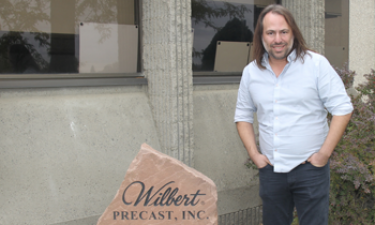April 16, 2010
China Trip Day 6 – Part 2
70% Prevention, 30% Cure
By Maria Vandervert
“Warm Congratulations: Tong Ren Tang Pharmacy Culture of Traditional Chinese Medicine has been approved as China National Grade Non-material Cultural Heritage.”
Today our group went to a famous TCM or Traditional Chinese Medicine Pharmacy. The Chinese philosophy is that prevention is better than a cure. TCM was established in 1669 and is known for its unique recipes and remarkable effects. The Dr. or Pharmacist that greeted the group told us to drink more tea – it’s the traditional Chinese herbal medicine. Also, eat celery for high blood pressure.
After some history and background, we all got check-ups. The Dr.’s 1) look at you, 2) smell you 3) ask you your age, 4) look at your tongue, and 5) check your pulse. We all got prescriptions, and some purchased herbal medicine. Julia, our tour guide said, “Every day is a gift, and we thank God our heart is beating.” Herbal medicine is needed for balance, and to raise your yin or yang. Western medicine treats disease fast. Chinese TCM can cure disease, but can take a long time. A balance for treatment is best. If we are unbalanced, we get sick. Our bodies are like the universe with 5 elements: wood, fire, earth, metal, and water. Liver = wood, heart = fire, kidney = water. TCM protects the meridians of our bodies and the relationship between our internal organs. A TCM Dr. requires 5 years of study, and 3 years of internships to start practicing.




